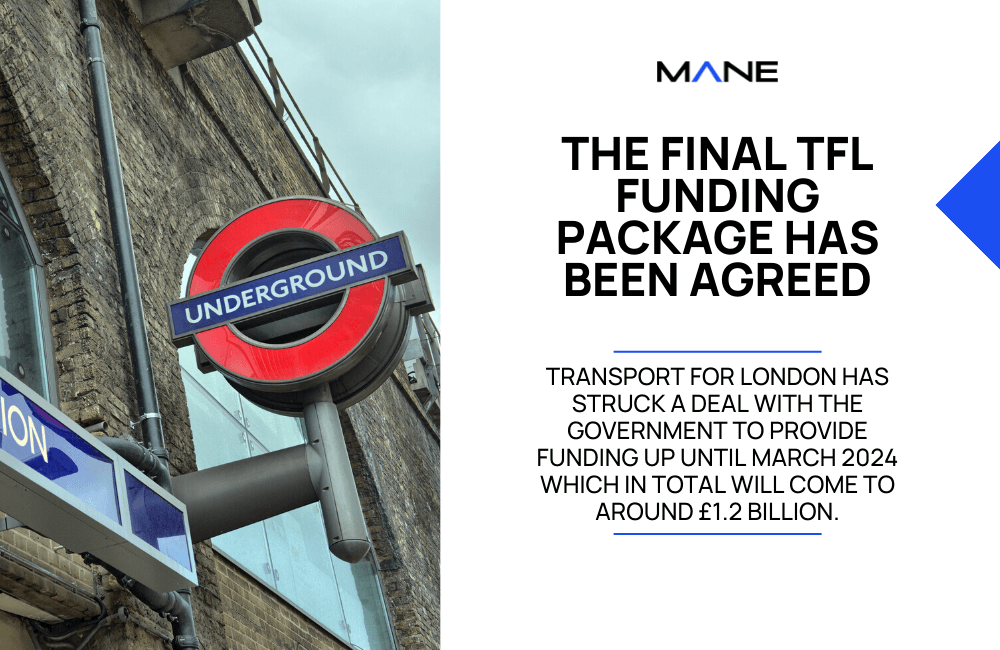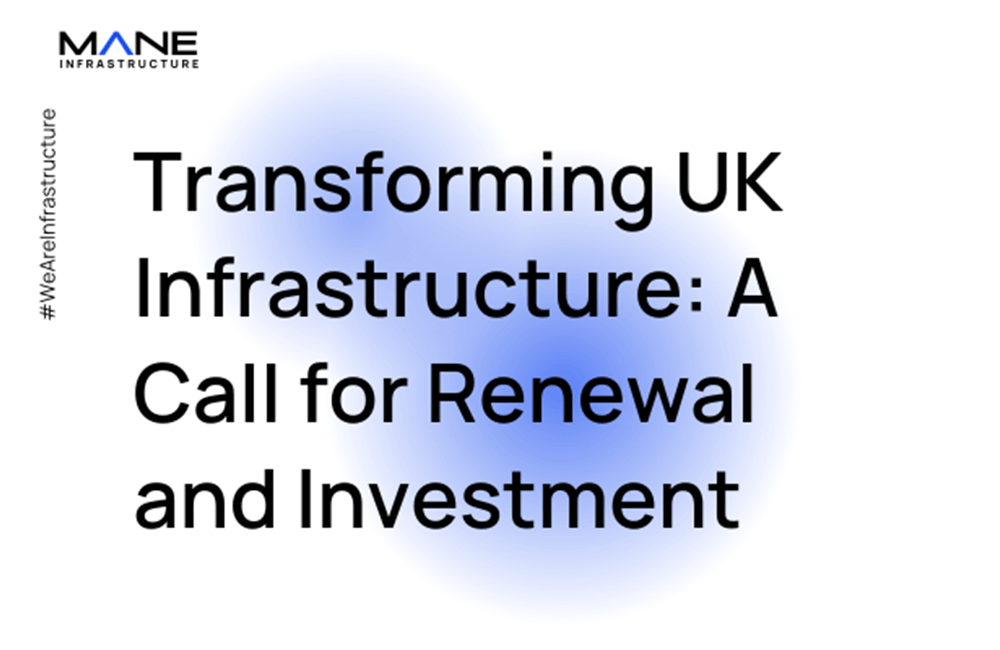
Transforming UK Infrastructure: A Call for Renewal and Investment
31 Oct, 202310 minsIndependent government advisers have emphasised the urgent need for a substantial cash injec...

Independent government advisers have emphasised the urgent need for a substantial cash injection into the UK’s infrastructure. Public transport, home heating, and water networks have been identified as critical areas requiring immediate attention.
According to the National Infrastructure Commission, an annual investment of approximately £30 billion from taxpayers and £40 to £50 billion from the private sector would lead to significant benefits. These include potential savings of at least £1,000 per year for the average household, heightened economic productivity, and an improved overall quality of life in the coming years.
Key Recommendations for a Sustainable Future:
- Revolutionising Energy Generation: The report places a strong emphasis on transitioning towards renewable energy sources, while maintaining a stable supply from gas-fired power stations equipped with carbon capture and storage technology. This transformation entails a yearly cost of around £3.2 billion.
- Enhanced Public Transport: The experts stress that relying solely on cars and roads will not suffice to keep the transportation sector efficient. A substantial increase in investment in public transport is deemed essential. The comprehensive 222-page report, compiled over two years, highlights this as a pivotal step.
- Net Zero Greenhouse Gas Emissions by 2050: The report offers a comprehensive evaluation of the infrastructure necessary to achieve this ambitious target. It outlines 46 key recommendations aimed at ensuring the UK's core services remain competitive on the international stage.
- Controversial Proposals for Consideration:
- Implementing restrictions on car access in England’s major cities to alleviate congestion alongside substantial investment in public transport.
- Prioritising hydrogen use in heavy industry over home heating, diverting from the government's current stance.
- Proposing free installation of heat pumps for lower-income households, with subsidies of £7,000 for two-thirds of households for the same purpose.
- Advocating compulsory water meters for households and businesses.
- Discouraging the construction of new waste incinerators and pushing for improved recycling rates.
- HS2 Northern Leg Cancellation: The report expresses deep disappointment over this decision, asserting that it creates a significant gap in the UK's rail strategy. It anticipates potential overload on the west coast mainline or increased pressure on roads due to this move.
- Financial Considerations: While the upfront investment required is substantial, estimated at £30 billion annually in public funding compared to the £20 billion of the past decade, the report contends that it will lead to reduced household energy bills. This is due to the significantly lower operating costs associated with renewable energy systems compared to high gas prices. It is estimated that the average household could save at least £1,000 per year by the mid-2030s if the recommendations are implemented.
The National Infrastructure Commission also emphasises the need for water companies to intensify efforts to reduce leaks and invest in new reservoirs and pipelines. This is crucial in light of the anticipated increase in droughts and floods resulting from climate breakdown.
Green experts and campaigners urge swift action on the report's findings, highlighting the potential financial relief it could offer to the public. They stress that transitioning to clean, renewable energy sources for heating is a key step towards lower bills, reduced emissions, and enhanced energy security.
In conclusion, the report from the National Infrastructure Commission underscores the critical importance of immediate and substantial investment in the UK's infrastructure. By addressing areas such as public transport, home heating, and water networks, the nation can pave the way for a more sustainable and prosperous future.
At Mane, we champion change through innovation and technology advancements. Having operated since 1993 in the Rail and Infrastructure markets, we understand the emphasis on quick turnaround and high standard recruitment solutions, maintaining emphasis on compliance and legislation.
Get in touch today for the latest on our current opportunities and projects.
